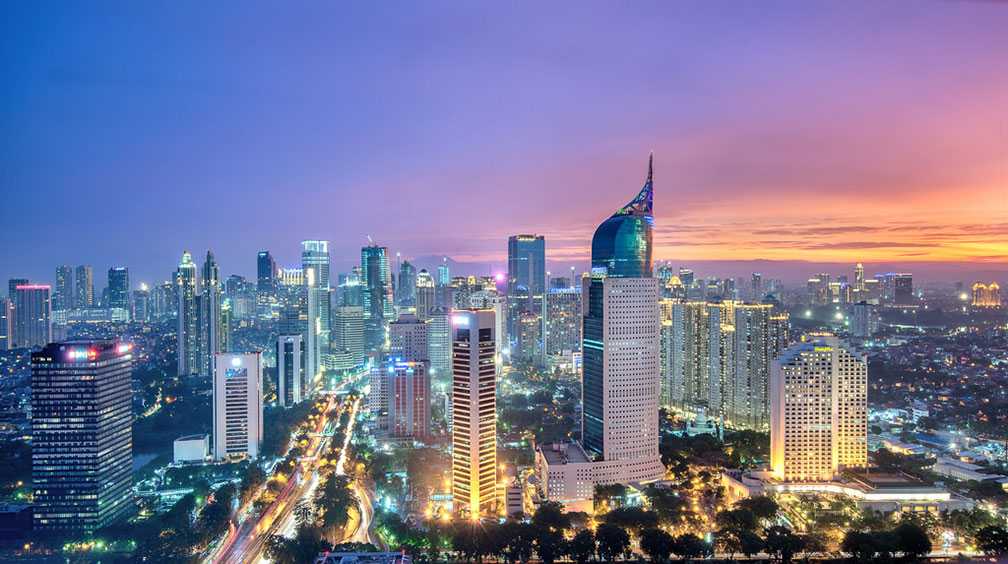Nusantara: Indonesia's Ambitious New Capital Faces Uncertain Future
Indonesia's move to shift its capital to Nusantara on Borneo seeks modernization but faces financial, environmental, and political hurdles

akarta, one of the world's most populous cities, faces an existential crisis. By 2050, one-third of the city will likely be underwater. With 40% of its area already below sea level, Jakarta is the fastest sinking city globally. In response, the Indonesian government has embarked on an unprecedented endeavor: relocating the capital to Nusantara, a new city over 800 miles away on the island of Borneo.
A Vision for Modernization and Equality
The Nusantara project, estimated at $33 billion, aims to modernize Indonesia, reduce regional inequalities, and promote environmental sustainability. Initially slated for completion by 2045, the new capital promises to be a high-tech, renewable energy-powered city housing around 2 million people, or one-fifth of Jakarta's population.
Strategically located in East Kalimantan on Borneo, Nusantara offers lower risks of natural disasters and a central location, potentially enhancing connectivity and the country’s role in global shipping. This relocation also aims to shift wealth and resources from Java, where 60% of the national economy currently concentrates.

Challenges and Criticisms
Despite these grand ambitions, Nusantara faces significant hurdles. Severe weather and logistical issues have hampered construction, raising concerns about meeting deadlines. The first phase, focusing on governmental infrastructure, is only about 80% complete, costing $3.4 billion—just a fraction of the overall budget.
Investor confidence has also waned. Japan's SoftBank withdrew from investment negotiations in 2022, and while the government has received over 400 letters of intent, significant investments have yet to materialize. Critics argue that without clear returns, businesses remain hesitant to commit.
Environmental and social concerns further complicate the project. Advocacy groups highlight the displacement of 20,000 indigenous people and accelerated deforestation. Additionally, Indonesia's current renewable energy capacity is insufficient to meet Nusantara's green energy goals, both for its construction and future operations.
Political Implications and Public Opinion
The move to Nusantara has polarized public opinion. Supporters view it as a forward-thinking initiative by President Joko Widodo, addressing the needs of non-Javanese regions more than any previous leader. Opponents, however, see it as a vanity project lacking tangible benefits for Indonesia, potentially diverting crucial funds from more pressing needs.
The political landscape adds another layer of uncertainty. The resignation of Nusantara's project head and deputy head, coupled with the impending end of President Widodo’s term, raises questions about the project's continuity. President-elect Prabowo Subianto's approach to the project remains unknown, and his administration might prioritize other initiatives, further complicating funding and development.
Future Prospects
As Indonesia grapples with these challenges, the fate of Nusantara hangs in the balance. The project's success depends on securing financing, maintaining political support, and garnering public belief in its vision. Without these, Nusantara risks becoming an unfinished dream, draining resources that could have been utilized elsewhere.
For now, Nusantara stands as a symbol of Indonesia’s aspirations and the complexities of nation-building in the 21st century. Whe





